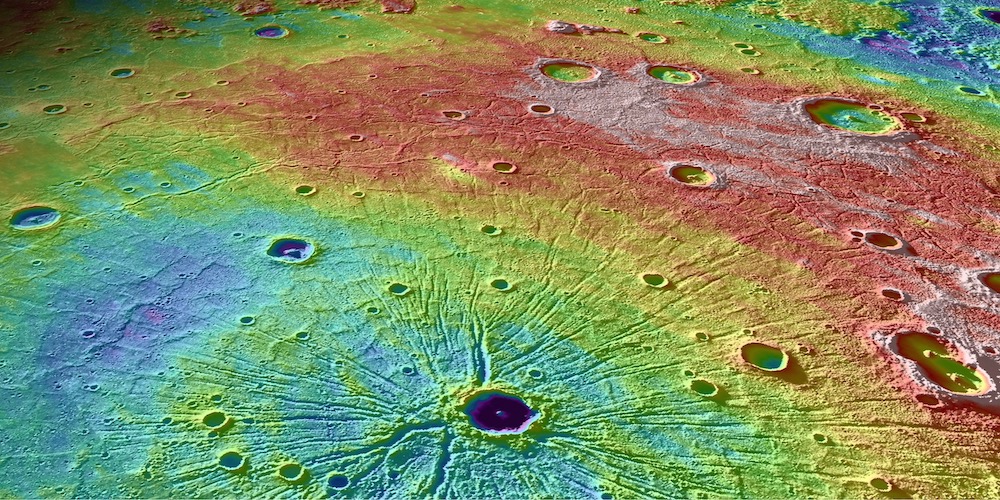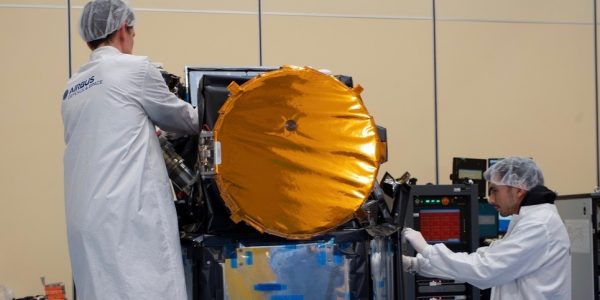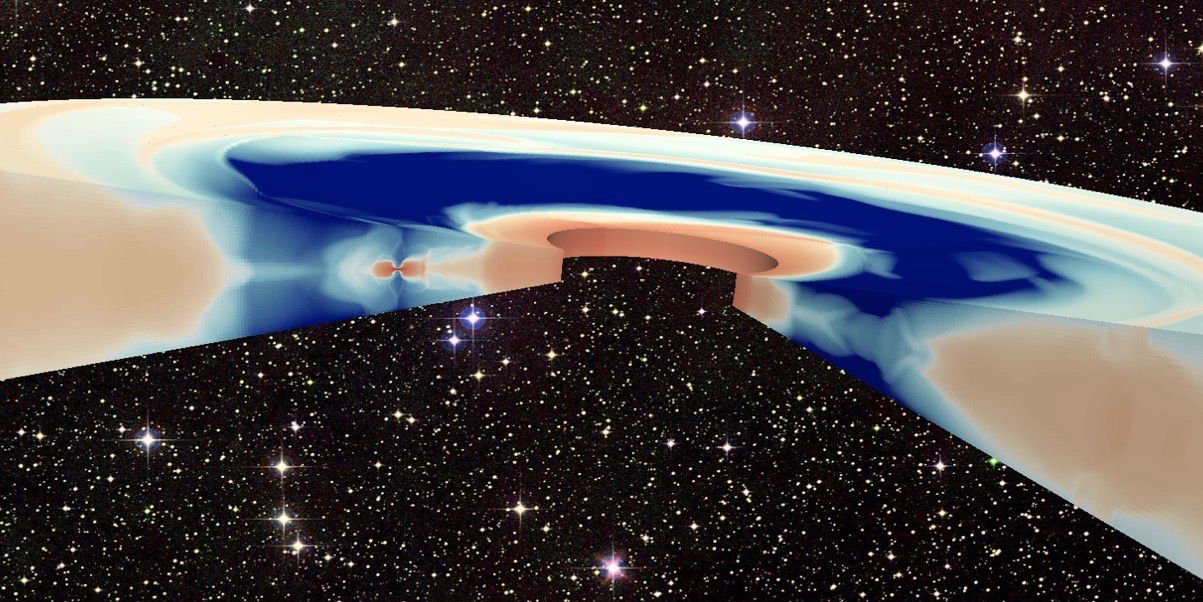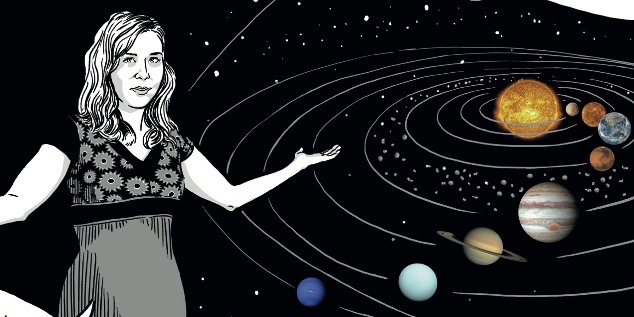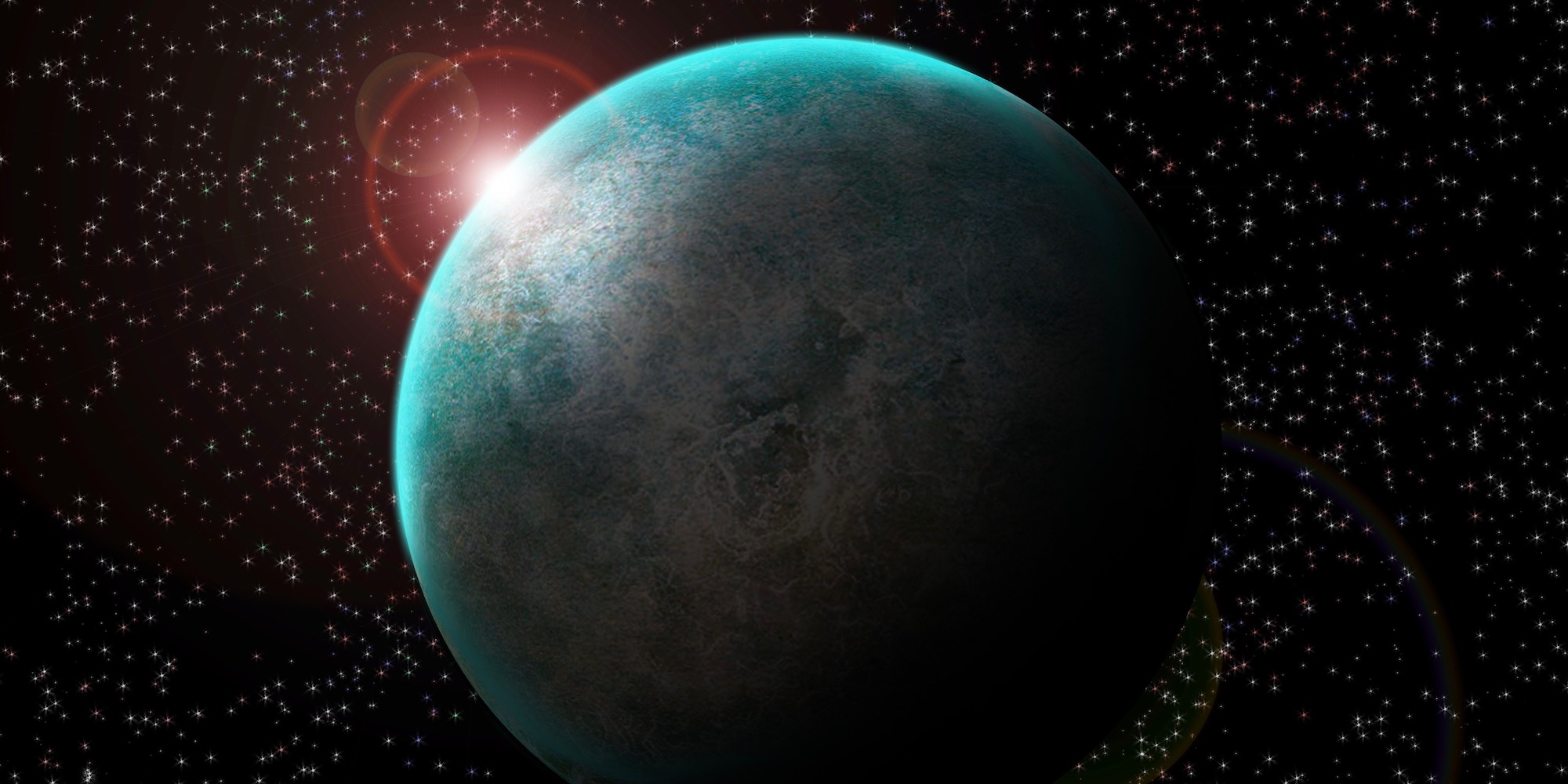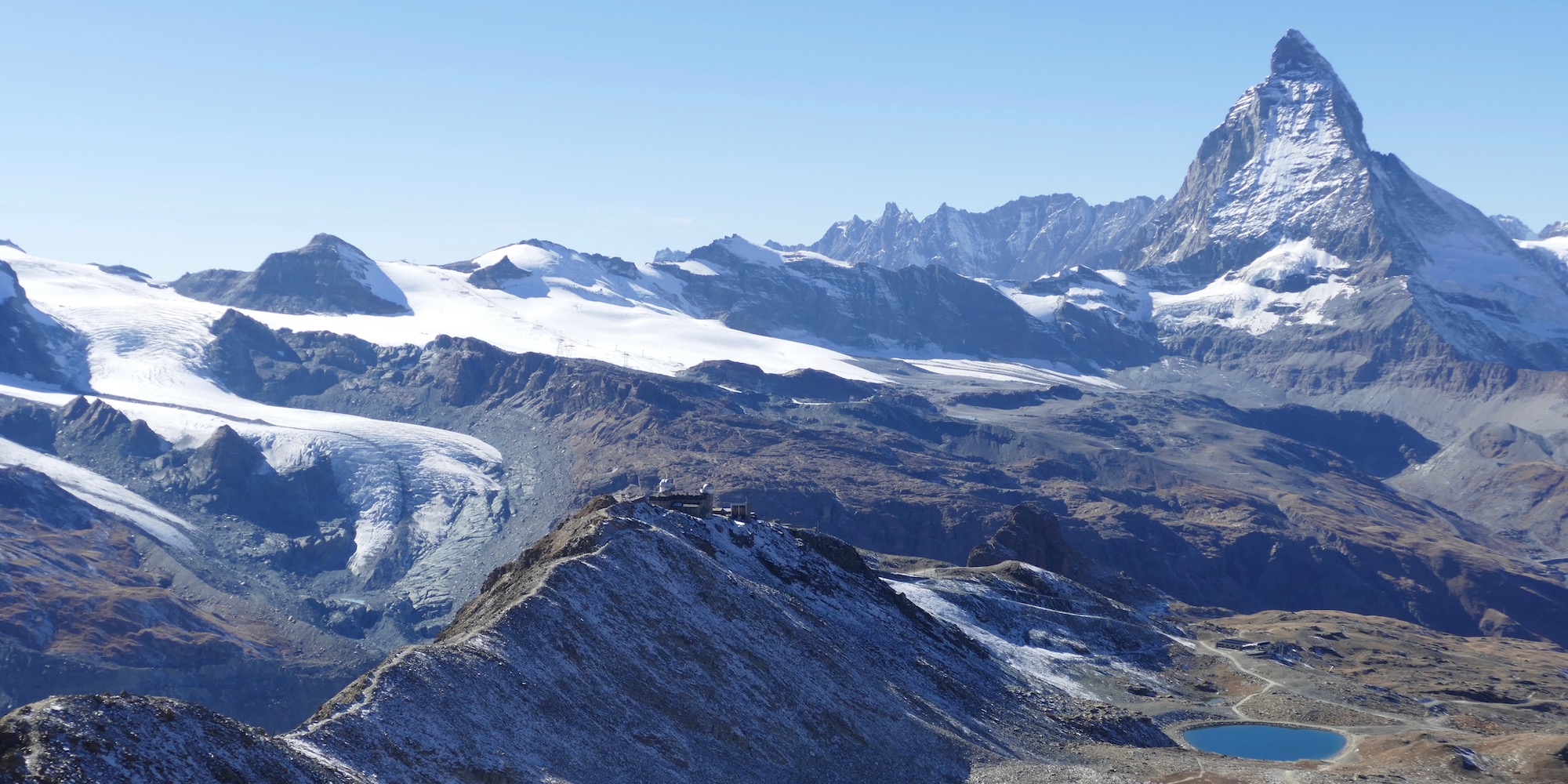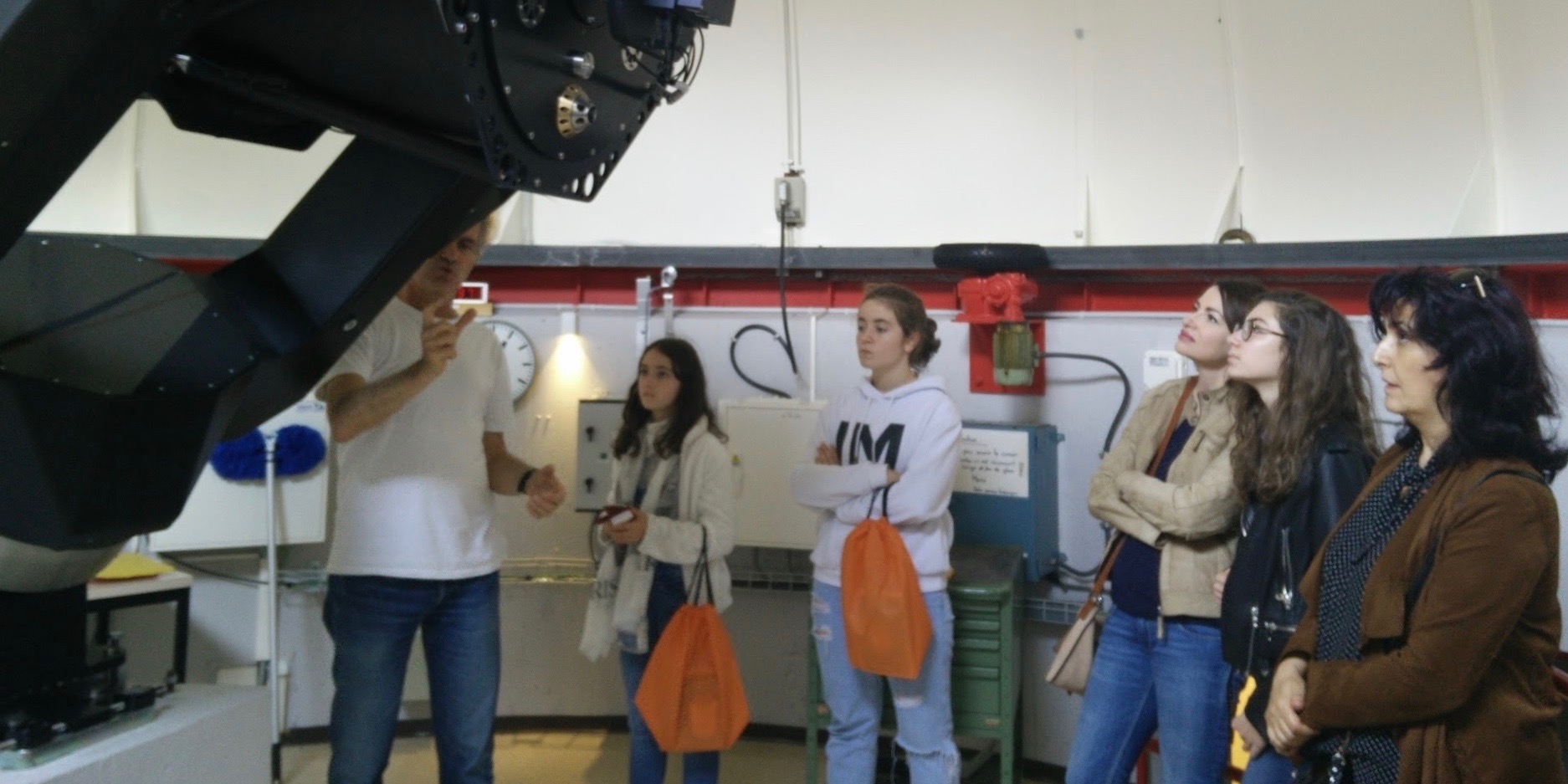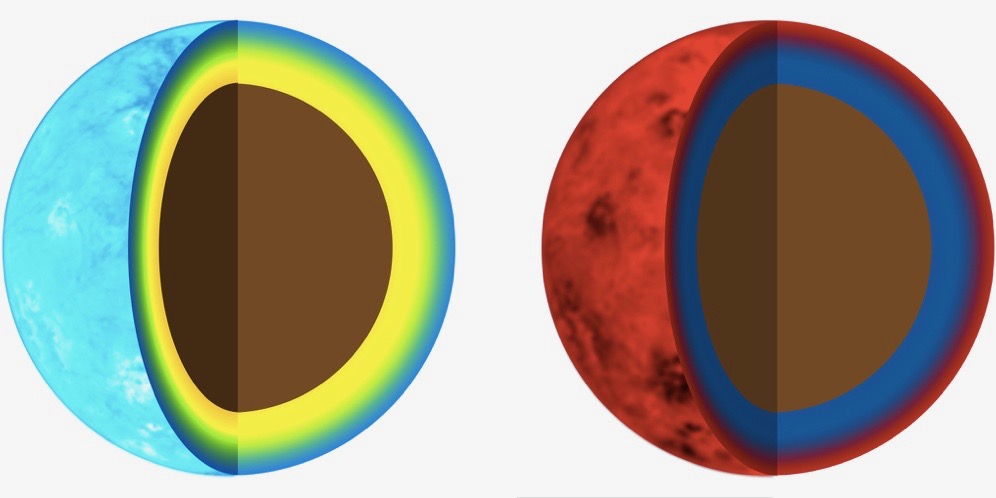News
Merkurs Entstehung durch grosse Einschläge
Der kleinste Planet in unserem Sonnensystem hat einen grossen Eisenkern. Wie kam es dazu? Nach der gängigen Theorie verlor Merkur bei einer Kollision grosse Teile seines Gesteinsmantels. Alice Chau und ihre Kollegen von der Universität Zürich simulierten verschiedene Szenarien mit einem Supercomputer. Ihr Ergebnis: Die Bildung von Merkur durch grosse Kollisionen ist möglich, aber schwierig. […]
Continue ReadingVerbunden mit dem All
Nach einer langen Europa-Tour ist der CHEOPS-Satellit nach Madrid zu Airbus Defence and Space zurückgekehrt. Auf seiner Reise musste er verschiedene Prüfungen bestehen: thermische Tests im Vakuum bei Airbus in Toulouse, mechanische Vibrationstests bei RUAG Space in Zürich sowie Akustik- und elektromagnetische Verträglichkeits-Tests im ESA-Technikzentrum in den Niederlanden. “Alle Tests wurden ohne grössere Zwischenfälle abgeschlossen”, […]
Continue ReadingWie die Monde des Jupiters entstanden sind
Als Astrophysiker von PlanetS an der Universität Zürich ihre Computersimulationen analysierten, erlebten sie eine Überraschung: Die Monde des Jupiters entstanden viel schneller und später, als bisher angenommen. Zudem fanden die Forschenden heraus, dass die heute sichtbaren Monde kaum die einzigen waren, die je beim Riesenplaneten geformt wurden, aber sie haben als einzige überlebt. Wenn wir […]
Continue ReadingForscherin Judit Szulágyi im Weltraum-Comic
Seit dem 28. März 2018 ist im ETH-Museum focusTerra in Zürich die Ausstellung «Expedition Sonnensystem – Mit der ETH auf Forschungsreise durchs All» zu sehen. In der Ausstellung werden die Forschenden in Form von Comics präsentiert. Die Mischung aus Wissenschaft und Kunst bietet eine unterhaltsame Reise sowohl für Laien als auch Experten. Sieben der porträtierten […]
Continue ReadingWie man hübsche Illustrationen von Exoplaneten kreiert
Von Thibaut Roger Wer jemals einen Presseartikel über Exoplaneten gelesen hat, ist bestimmt auch auf eine hübsche, künstlerische Darstellung als Illustration gestossen. Ausser in seltenen Fällen können wir Exoplaneten tatsächlich nicht direkt sehen, wir messen nur ihre Wirkung auf den jeweiligen Mutterstern. Selbst bei der Methode der direkten Bildgebung sehen wir nur einen Lichtpunkt . […]
Continue ReadingObservatorien an “unmöglichen” Standorten
Von Timm Riesen Berge sind unbezwingbar Bis weit ins 19. Jahrhundert galten hohe Berge, wie wir sie in den Alpen vorfinden, als unbezwingbar. Viele Legenden und Geschichten rankten sich um die mystischen unerreichbaren Gipfel in eisiger Höhe. Mit den Erstbesteigungen der Jungfrau (1811), dem Mönch (1857) und dem Eiger (1858) wurden diese Mythen langsam entzaubert […]
Continue ReadingDen Horizont erweitern
Vor einem Jahr im November organisierte die Stiftung «Elargis Tes Horizons» zusammen mit der Universität Genf ein Treffen zwischen Forschern der naturwissenschaftlichen Fakultät und etwa 500 jungen Mädchen zwischen 12 und 15 Jahren. Zweck der Stiftung ist, Mädchen zu zeigen, dass wissenschaftliche Forschung für jedermann zugänglich ist. PlanetS war mit einem Stand und dem Modell […]
Continue ReadingDer Zusammensetzung von Planeten auf der Spur
Forschende von PlanetS an der Universität Zürich haben statistisch die Zusammensetzung und Struktur von weit entfernten Exoplaneten samt ihren Atmosphären analysiert. Sie zeigen auf, ob ein Himmelskörper erdähnlich ist, aus reinem Gestein oder aus einer Welt aus Wasser besteht. Je grösser der Planet, desto mehr Wasserstoff und Helium umgibt ihn. Gibt es eine zweite Erde […]
Continue ReadingPostdoctoral Fellowship in exoplanet observations with CHEOPS
The Theoretical Astrophysics and Planetary Science Group (led by Prof. Willy Benz and Yann Alibert) and the SAINT-EX research group (led by Prof. Brice-Olivier Demory) both at the University of Bern, Switzerland, seek qualified candidates for a Postdoctoral position in CHEOPS exoplanet observations. The Characterising ExoPlanets Satellite (CHEOPS) is a joint mission between ESA and […]
Continue ReadingCHEOPS Fellowship
Switzerland has established the National Center of Competences in Research (NCCR) PlanetS with a broad scope which includes planet origin, evolution and characterisation, considering both the Solar System and exoplanets. With the CHEOPS Fellowship programme PlanetS wants to support the scientific exploitation of the ESA CHEOPS mission – the first dedicated to search for transits […]
Continue Reading
